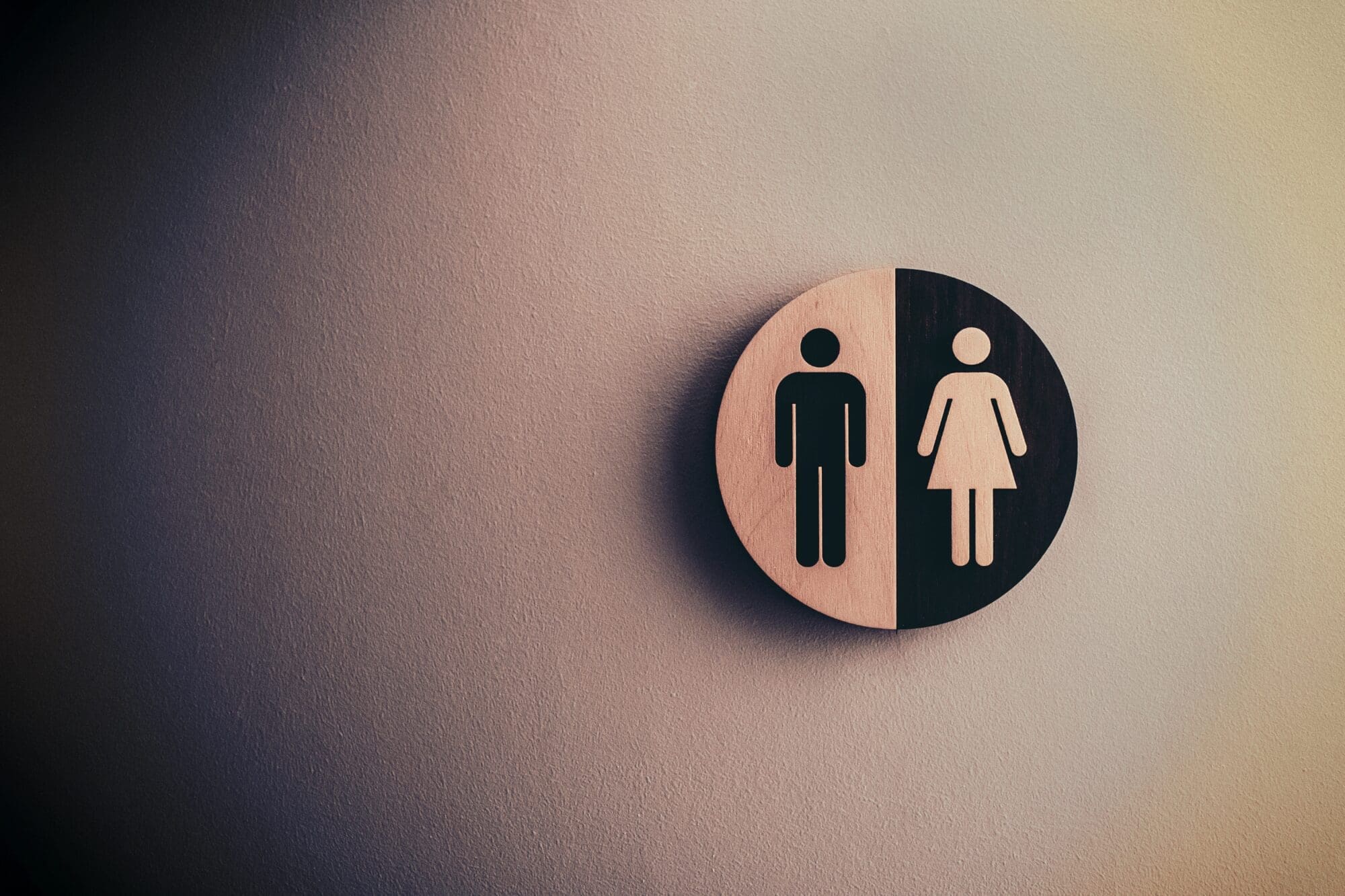Former University of Kentucky swimmer and Independent Women’s Voice spokesperson Riley Gaines made waves in a Texas House committee hearing this week.
The athlete-turned-activist offered testimony in support of legislation to prohibit biological men from participating in women’s college sports during a hearing of the House Higher Education Committee.
Senate Bill 15 by State Sen. Mayes Middleton (R–Galveston) extends the current ban on boys competing in girls’ public school sports teams to include public colleges and universities. The measure passed the Senate on March 29 and is just now getting a hearing in the House.
State Rep. Valoree Swanson (R–Spring), the author of the 2021 bill that established the current prohibition, is the House sponsor for Senate Bill 15 and has filed similar legislation known as the “Save Women’s Sports Act” that nearly every Republican in the House has co-authored.
Gaines made headlines last year when she tied for fifth place with former University of Pennsylvania swimmer William “Lia” Thomas in the women’s 200-meter freestyle event at the 2022 NCAA National Championships. Thomas is a biological male who competed for three years on the men’s team before competing on the women’s team as “Lia,” eventually winning the national championship in the women’s 500-yard freestyle event. Thomas ranked as the 462nd fastest swimmer in the country when he competed as a male.
After the event, Gaines was given the sixth place trophy even though she tied for fifth, being told that “Thomas had to have the trophy for photo purposes.”
“I was shocked, and I felt betrayed, and I felt belittled and reduced down to a photo op. But my feelings did not matter. What mattered to the NCAA were the feelings of a biological male,” Gaines said.
She argued that the athletic opportunities for women created by the landmark Title IX civil rights law passed in 1972 are now being stripped away by men pretending to be women.
Gaines became emotionally distraught as she explained the worst thing about competing against Thomas was having to use the same locker room as a “6-foot-four, 22-year-old male equipped with and exposing male genitalia.”
“We were not asked for our consent, we did not give our consent, and we were not forewarned about the situation,” Gaines said.
She went on to recount how she was told by a meet official that she just “had to smile, step aside, and be kind and inclusive,” adding that she’s heard from Thomas’ former teammates that they were forced to attend weekly LGBTQ sensitivity trainings and were threatened with retaliation if they spoke out about the situation.
Gaines acknowledged that fear has caused many to stay quiet about the issue of men participating in women’s sports, but she assured lawmakers, “I speak for 95 percent of us.”
While Gaines was the most high-profile witness to testify on Senate Bill 15, several other prominent individuals were among the nearly 60 who registered to express an opinion on the legislation.
Idaho State Rep. Barbara Ehardt (R), the author of the nation’s first law to ban men participating in women’s sports, said that “when it comes to sports, it’s all about competition and winning,” dismissing arguments that “this is about humanity and inclusion and community.” She pointed out that the NCAA has not followed through on threats to boycott any of the 21 states to pass this kind of law, and none of them have seen negative economic impacts from corporations that don’t want to be associated with them.
Genevieve Collins, a previous congressional candidate and a former member of the rowing team at the University of Tennessee, said there is “absolute and deafening disparity—between superior athletics and genetic ability—between biological males and biological females.”
To allow biological males to compete in women’s sports will not only dilute and invalidate women’s results in sports, but I also believe it will eradicate the evolution of women’s sports.
Mackenzie “Mack” Beggs, a former Texas high school wrestler who dominated her female competitors while she was “transitioning” and taking testosterone supplements, said that “to take sports away from transgender students … is just being cruel for cruelty’s sake,” arguing that “these bills don’t help competition, they hurt it.”
She pointed out the high rate of suicidal thoughts among transgender individuals, saying, “This bill is unfathomable, it’s shameful, and it’s unconstitutional.”
Beggs said, “We will not let this fight legislate us out of existence,” and she urged lawmakers not to “be on the wrong side of history.”
Senate Bill 15 was left pending at the hearing’s conclusion. With the current session ending May 29, deadlines to pass legislation are quickly approaching.
No ads. No paywalls. No government grants. No corporate masters.
Just real news for real Texans.
Support Texas Scorecard to keep it that way!





